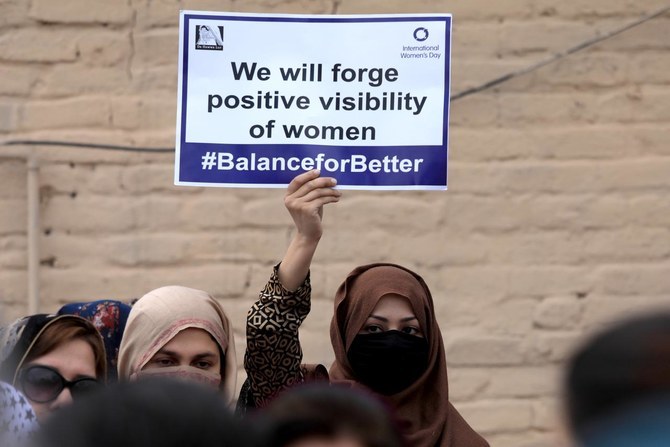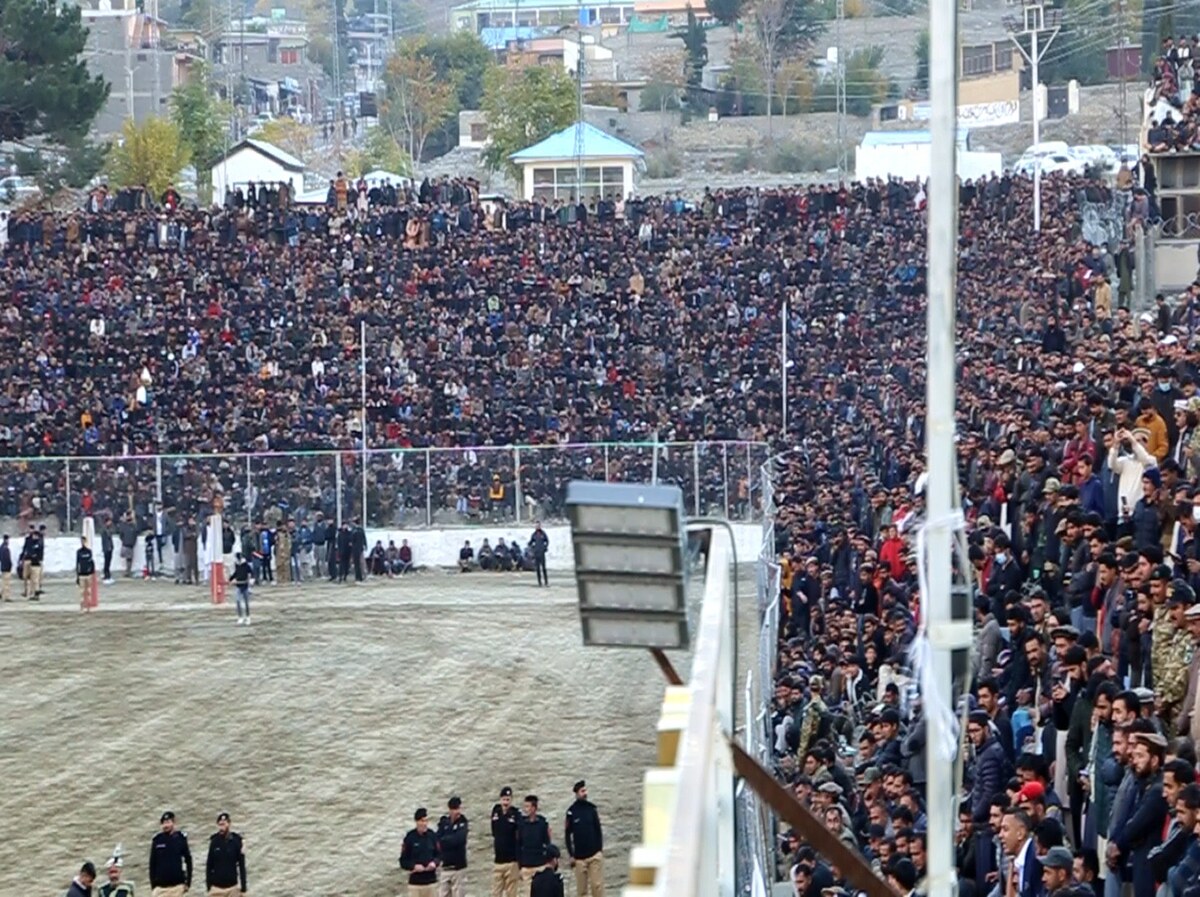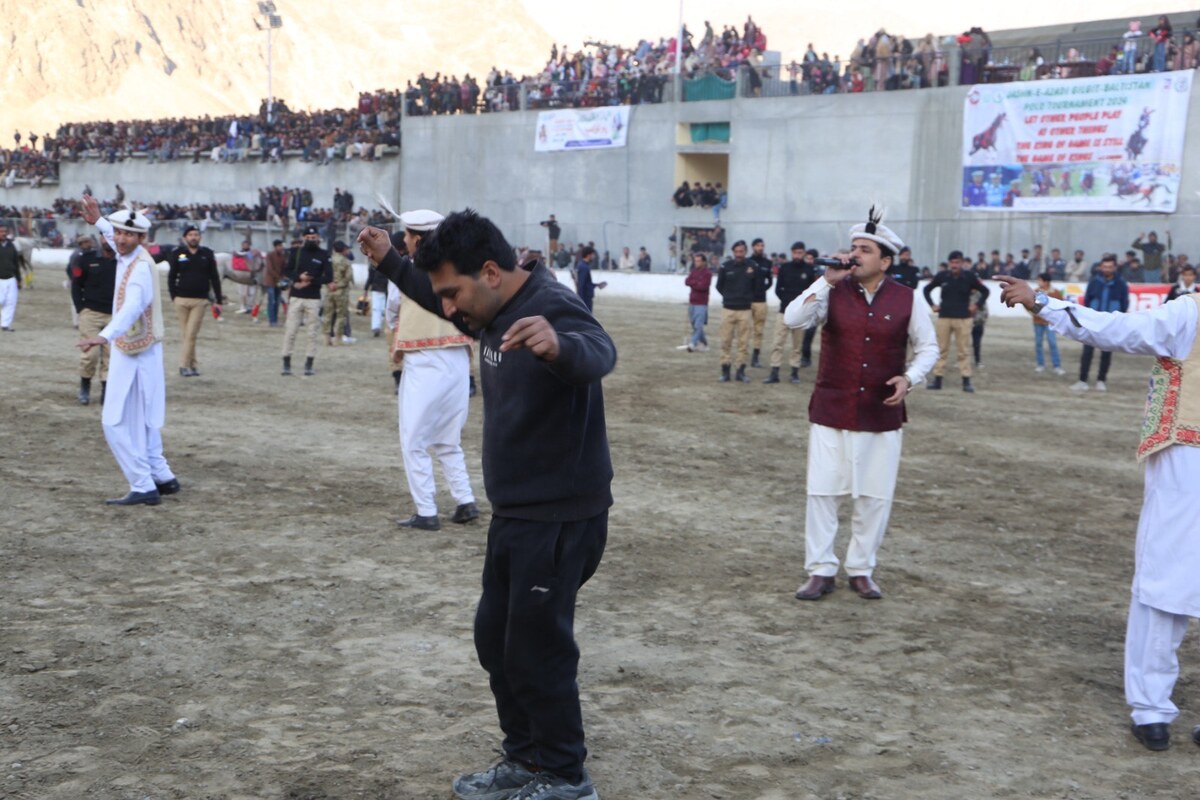PESHAWAR: Politicians and women’s rights activists warned on Wednesday that a recently passed bill by the Provincial Assembly of Khyber Pakhtunkhwa (KP) to prevent domestic violence against women could fail to produce the desired result since its implementation would not be easy in the culturally conservative region.
The bill that was tabled by Social Welfare Minister Hisham Inamullah Khan this month proclaimed that anyone found guilty of committing domestic violence against women would be imprisoned from one to five years and forced to pay certain financial penalty.
A female lawmaker from the Pakistan Peoples Party (PPP), Nighat Orakzai, told Arab News that KP was the only province that did not have a law against domestic abuse of women since the legislation was “stalled by religious parties.”
She said that her political faction, along with the Pakistan Muslim League-Nawaz (PML-N) and Awami National Party (ANP), had been working in this direction since 2010. However, they could not get the draft approved “due to staunch opposition from religious quarters.”
“The crucial phase of the bill is its implementation,” Orakzai added, “since it will be extremely hard if not entirely impossible. I don’t think the sitting government will be able to do it at a time when it is even finding it difficult to pay the salaries of university teachers.”
Syeda Nudrat, a gender specialist at the provincial social welfare department, said that domestic violence had become a major challenge to the province.
“More than 5,000 women are living in shelter homes in Khyber Pakhtunkhwa,” she said. “These facilities provide them free food, boarding and lodging. Most of the women arrive in shelter homes with complaints of domestic violence, forced marriages and rapes. We provide them psychological counselling and legal aid.”
According to the bill, a 10-member protection committee will be formed in every district that will be headed by a female lawmaker and include a gynecologist, psychologist and prayer leader.
“Each district protection committee shall submit a biannual report to the Chairperson of Provincial Commission on the Status of Women,” according to one of the clauses of the law.
Noreen Mehsud, a law graduate from South Waziristan tribal district, hoped that the long-awaited bill would help prevent domestic violence against women, though she said there were plenty of hurdles in its effective implementation.
“We have a male-dominated society where women are thought to have limited rights,” she said. “We should first educate our people, acquaint them with the salient features of the law and then expect positive outcomes.”
Naila Altaf, a female social activist from Kurram tribal district, agreed with the assessment.
“This bill will help reduce violence once the government launches an awareness campaign at the grassroots level to educate the masses,” she said.
According to clause 3 (1) of the bill, no person shall commit, aid and abet any act of domestic violence.
“Any person, who commits an act pursuant to sub-section (1), shall be deemed to have committed an offense under this Act and shall be liable to be punished for such imprisonment and fine as provided for the said offense in the Pakistan Penal Code, 1860,” it stated.
Sobia Khan, a female legislator belonging to the PML-N, said that her party, along with the PPP and ANP, had made a huge contribution in getting the bill approved since they managed to build intense pressure on the government.
“However, its implementation is difficult since we need to educate the society about women’s rights,” she added. “The government needs to work hard to change people’s mindset, put an end to gender discrimination and enhance literacy rate.”





















